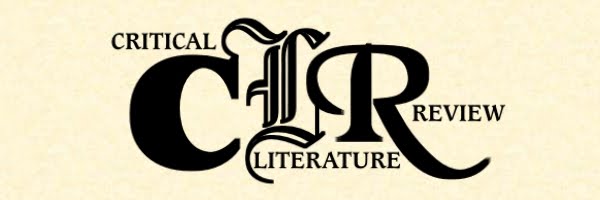Nigeria is a country of momentary
happiness with gloomy footnotes. Bayo Olupohunda’s Are You Not A Nigerian?
captures the depth of the Nigerian narrative; an ambiguous tale of a country
abutting on the shared borders of bleak hope and resignation. Are
You Not A Nigerian? is a collection of about 80 essays. These are
essays that had been written at various times; essay that attempt to ascribe meanings
to the hodge-podges that Nigerians face. Nonfictions are often the closest
genre to seeking closure. Stripped of euphemisms, everything jabs as they
should. Are You Not A Nigerian? is a collection of everything that is wrong
with this country, with us, and every other thing that defines us.
With an unpretentious simplicity,
Bayo Olupohunda addresses sundry issues. Those issues range from the personal
to the political. This is perhaps the reason why everybody should write, even
if it is a tweet; documenting experiences adds to our total social constructs
as humans. And there is really no humanity without that documented constructs.
When you look at Are You Not A Nigerian? for instance, you see where we have
been as a nation and why some futures may not be possible if we continue
perpetuating our typical selves.
The Nigerian narrative could be
quite a bore. There is nothing that has not be said. Everything in Nigeria has
a literature on it. However, one of the objectives of literature is to constantly
probe the human condition, and until Nigeria goes extinct, it will always be a
material for writing. Knowing how tepid collections of essays like this could be
if not well handled, Bayo Olupohunda souses everything that is wrong with this
country in interesting personal notes. There is a limitation to the Nigerian
narrative as a tale of a dysfunctional political entity; this is because nothing
shocks anymore. Our evils are not even creative enough to entertain, they are just
cyclical – the Nigerian government is bad; we have thieving politicians;
nothing works except the individual; the whole system is simply fucked. We all
know all those already. About the only thing that works in Nigeria is the individual’s
attempt at bracing the Nigerian odds.
Also, there seems to be a pattern
to this collection. This book moves in a climax. Are You Not A Nigerian?
builds tension like a fictional piece. It moves from the personal and the domestic
to things that are very political. The book opens with “Encounter With A Blackberry Babe”, a luscious tale of a bad date.
In there, Bayo Olupohunda attacks Nigerians’ impulsive consumption flair. The
writer does not even spare his dates. This is personal. “Encounter With A Blackberry Babe” narrates a date gone wrong
because the girl will not take her eyes off her phone. This is the madness
technology has created.
“What’s your BB pin? she asked, raising her BlackBerry screen-glazed
eyes. Her fake Yankee accent was drowned by rancorous voices and the din of
heavy metal music blaring from the Hi-fi speakers of the high-end nightclub in
the heart of Victoria Island, Lagos….
“I don’t use a BlackBerry,” I said, quick and brusque.
“How would you not have a Blackberry in this day and age?” The shock in
her eyes said words her mouth did not speak.
Then, she seemed to switch off completely. She became even more distant.
For the rest of that evening, when we somehow managed to find something to talk
about, she would look past me, as if addressing a phantom.
In “I Am A Woman Wrapper”, “Nollywood’s
Violence Against Women”, and “Women
and Rape Culture”, Bayo Olupohunda runs a poignant commentary on the
condition of being a woman in this country. To be othered as a woman is hard
enough, to be othered as a woman in Nigeria is worse: you are unclassified; you
are not even at the periphery, no agency, no existence, no voice, you are
nowhere. In “Lamentations of a Battered
Husband”, Bayo Olupohunda however flips the script. Domestic violence is
not always man on woman, it could be otherwise too. “Lamentations of a Battered Husband” tells the rare ordeal of a man
at the mercy of his wife.
“Ebola in Obalende” and “Losing
my Appendix” both portray a society that has lost its humanity and its health
care system. In both moving narratives are individual’s laudable attempts at
redemption. There is an essay for everything in this book. This collection is
that definitive.
The eponymous essay, Are
You Not A Nigerian?, paints the condition of this nation is its very
bleakness. There are two things that kill faster in this country – diseases and
the Police. The latter is deadlier. This collection is journal for constant remembrance.
You should read this book.


























